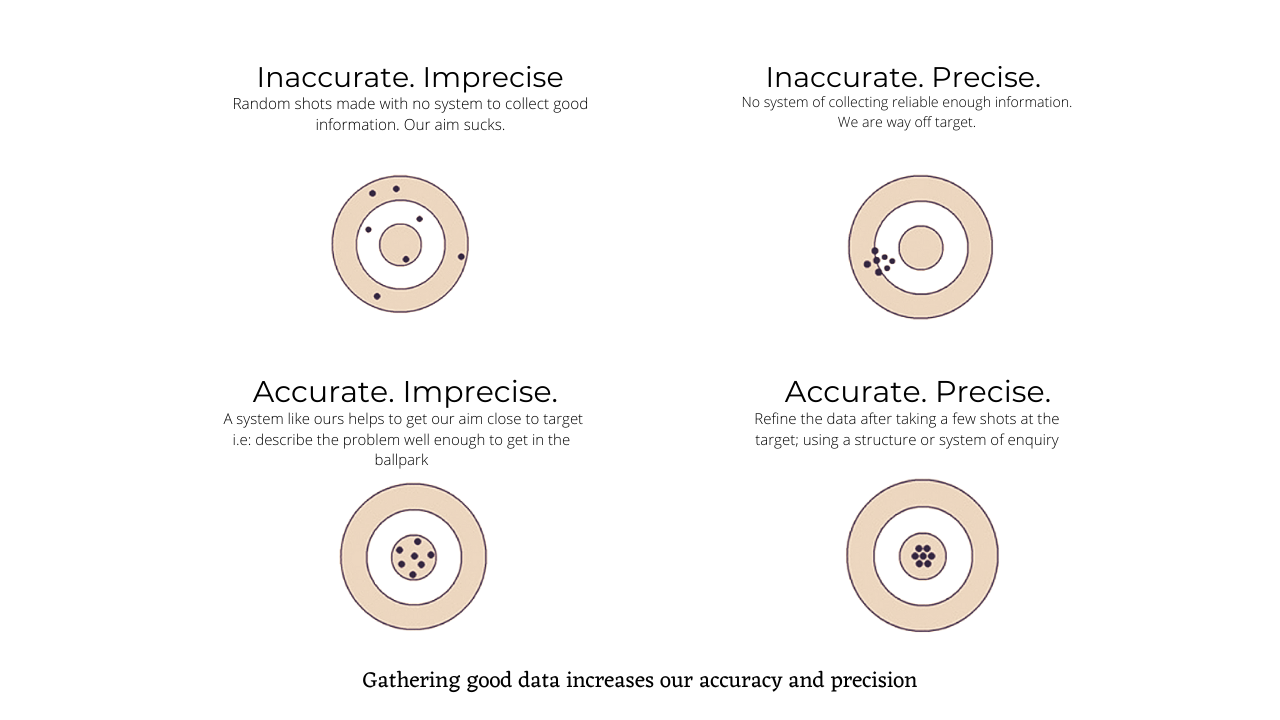Anxiety, Parenting, and What Actually Helps
Real world reflections from the clinic, the home, and everywhere in between
How do we stop yet another school shooting? [WARNING**** Material in post might be distressing to some folks]]

I don’t often read the news these days…and for good reason. There’s enough tragedy flashing up on my social media feeds already that I’m going to have to increase my antidepressant dosage.
The media have referred to Salvador Ramos as a man. He only just turned 18 last Monday. He’s a child; not a man. But he has been described to have been the shooter behind the killing of 19 children and 2 of their teachers in Uvalde, a city of about 16000 people nestled between the Texan/Mexican border and San Antonio in the USA.
If you were like me having come across that piece of news, I’m sure you would have felt sickened, shocked, outraged, saddened, confused, anxious and maybe frightened?
We’ve seen this before. Remember Columbine? Sandy Hook? South Florida? Buffalo? South Texas, and many other tragic events involving kids killing kids. The news talk about the who/what/when/where/how but hardly the why. I suppose it’s easy to let our emotions get the better of us and we can hypothesis...
The Importance of Empathy: Building Strong Relationships with Your Children and Others

Have you ever felt misunderstood or invalidated when trying to express your thoughts and feelings to a friend or family member? It's a common experience that can leave us feeling frustrated and unheard. But what happens when we flip the situation and put ourselves in the shoes of our children? It's easy to understand why they may stop talking to us or give us the silent treatment. So, what can we do to improve our communication skills and build stronger relationships with those around us?
The key is to focus on understanding both what the person is saying and how they are feeling. When we feel heard and understood, we feel more secure and settled. However, relying on our assumptions, projections, and presumptions can lead to misunderstandings and misinterpretations. To truly understand someone, we need to set aside our own biases and tune in to their words and emotions.
To improve your communication, try these helpful tips:
- Avoid giving unsolicited advice or making ...

